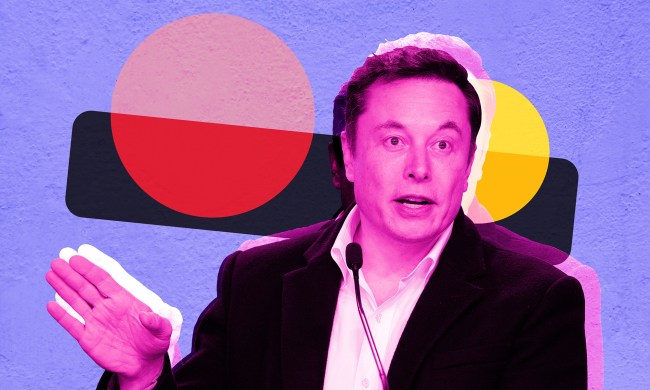
It is estimated that by the time the dust settles and President Obama ends his tenure in the White House, Democrats, Republicans, and everyone in between will have spent around $10 billion to get their candidate into the seat of power. And a key vehicle on the road to Washington, undoubtedly, is the ubiquitous Facebook. While presidential candidates are unable to track individual voters, they can upload email lists, voter files (which include political habits, real names, addresses, and phone numbers) to Facebook’s advertising database. So if you feel like Donald Trump is just following you around on social media, he actually might be. Or at least, he has the capacity to do so.
Using Facebook and other digital media during an election cycle is nothing new — indeed, it was Barack Obama’s technological savviness back in 2008 that helped land him in the White House. But Facebook’s reach today dwarfs that of the Facebook of last decade, and the power that Mark Zuckerberg’s social platform maintains seems to grow day by day. “Facebook is the easiest and most effective platform,” said Zac Moffatt, the top digital strategist for Romney’s 2012 campaign. “They are so much more valuable than they were eight years ago.”
Candidates can use Facebook to target voters (and Facebook users) on hot-button issues from immigration to abortion to firework sales. And more frightening still, the Guardian reports, in some cases, campaigns are looking to find voters individually online using highly specified models.
So how much money is Facebook making off the presidential race? Digital ad spending is expected to surpass $1 billion in 2016, according to research by Borrell Associates, and while it’s unclear how large of a chunk Facebook will take, it’s safe to assume that it’s not chump change.
“Facebook has been a game-changer for our campaign and for the entire electoral process,” Marianne Copenhaver, creative director for Senator Rand Paul’s campaign told the Guardian. “We now have the ability to go live directly to the voters and reach thousands of people instantly.” And that may be the scariest thing of all.

